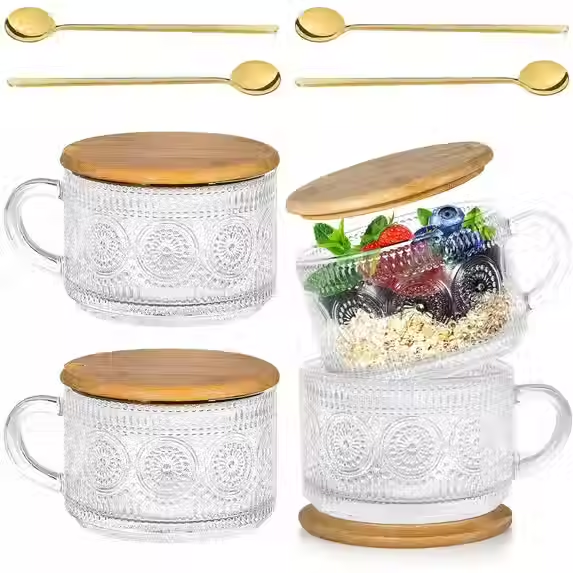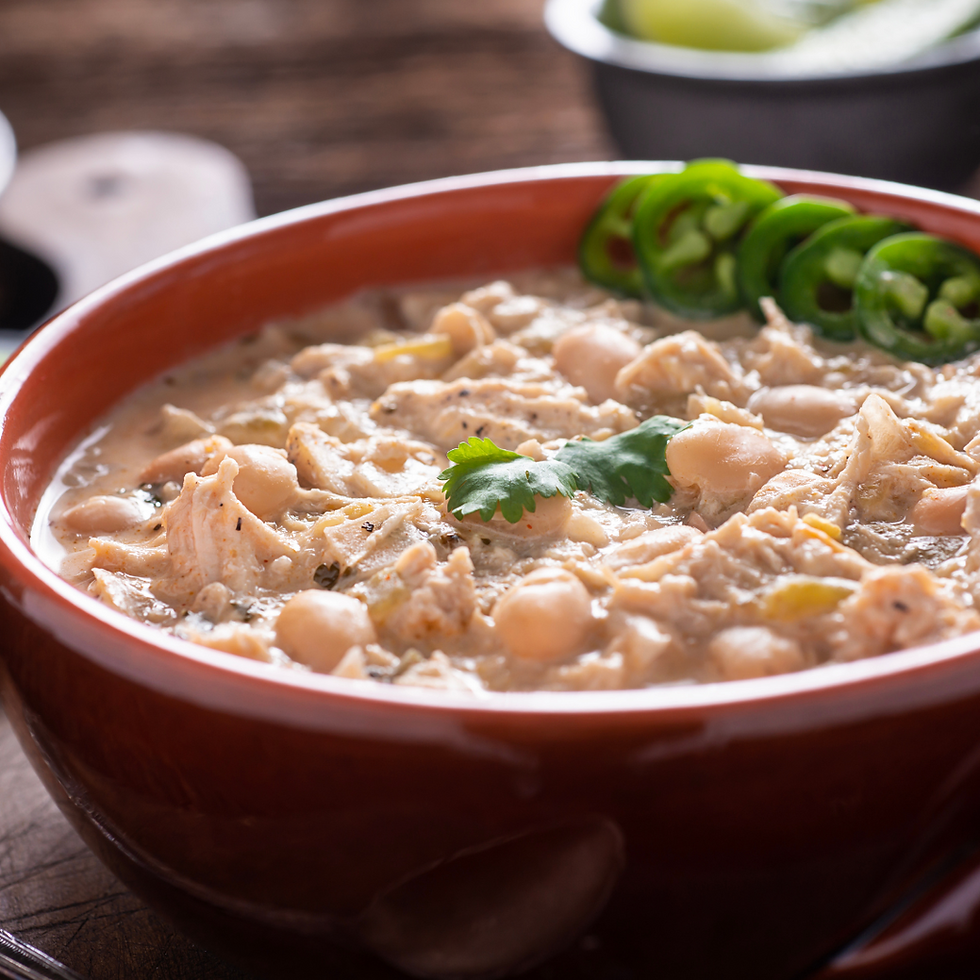The Protein Overload Problem, Why More Isn't Always Better
- Taryn Sisco

- Feb 20
- 2 min read
Updated: Feb 21
If you’ve been anywhere near the health and wellness space lately, you’ve probably heard it:
“You need more protein!”
For women over 40, protein is being pushed like the next miracle cure for muscle loss, fat loss, energy, and everything in between. And while yes, protein is 100% essential, here’s what a lot of people aren’t telling you:
If you’re not getting protein the right way, you could be overloading on calories, stalling fat loss, and doing more harm than good.
Why Protein Matters for Women Over 40
Before we call out the BS, let’s get one thing straight: Protein is non-negotiable.
✅ Maintains muscle mass – As we age, we naturally lose muscle. Protein helps prevent that decline.
✅ Boosts metabolism – More muscle = a higher resting metabolic rate, meaning you burn more calories even at rest.
✅ Keeps cravings in check – Protein digests slower than carbs, keeping you full longer.
✅ Supports hormone balance – Helps with blood sugar regulation, stress management, and overall energy.
So yeah, protein is key. But what’s the problem?
The Mistakes Everyone Is Making
🚫 Blindly chasing high protein numbers – People throw around the “1 gram per pound of body weight” rule, but your protein needs depend on your activity level, muscle mass, and goals. Eating 160g of protein when your body only needs 100g? That excess isn’t going to magically turn into muscle—it’s just extra calories.
🚫 Ignoring food quality – Not all protein is created equal. If you’re getting most of your protein from protein bars, shakes, and ultra-processed sources, you’re missing out on key nutrients and probably consuming a ton of artificial ingredients, sugar alcohols, and additives.
🚫 Forgetting about overall calories – If you’re trying to lose weight, it doesn’t matter if your calories come from protein, carbs, or fats—if you’re over your calorie needs, fat loss won’t happen.
🚫 Skipping balance – Protein is great, but it needs to be paired with fiber and healthy fats to keep blood sugar stable, improve digestion, and fuel your body efficiently.
How to Get Protein the Right Way
✔️ Prioritize whole food sources – Chicken, turkey, fish, eggs, tofu, cottage cheese, Greek yogurt, lentils
✔️ Be mindful of portions – You don’t need an entire steak at every meal to hit your protein goals
✔️ Balance meals with fiber & fat – Think protein + fiber-rich veggies + healthy fats for steady energy
✔️ Use protein powders wisely – They’re a supplement, not a meal replacement
The Bottom Line
Protein is important, but more isn’t always better. It’s about eating the right amount, in the right way, from the right sources.
Let’s stop blindly chasing high numbers and start focusing on what actually helps us feel strong, energized, and truly healthy.





Comments